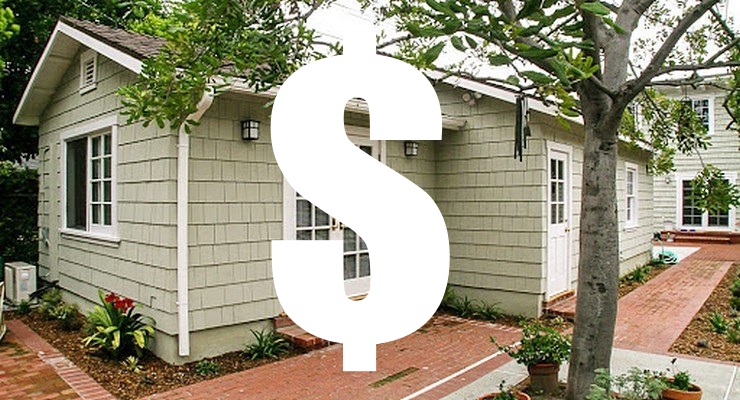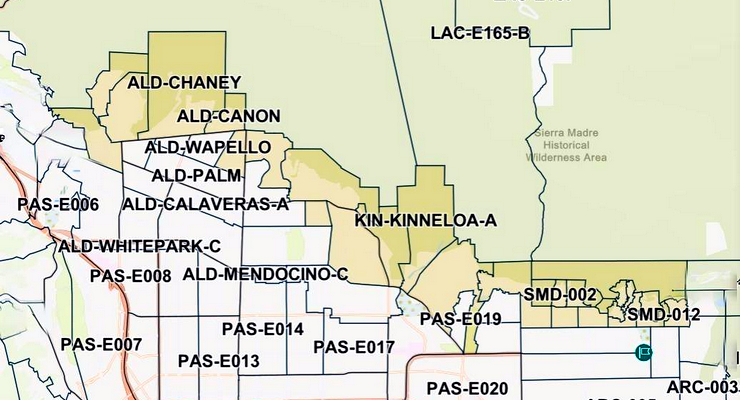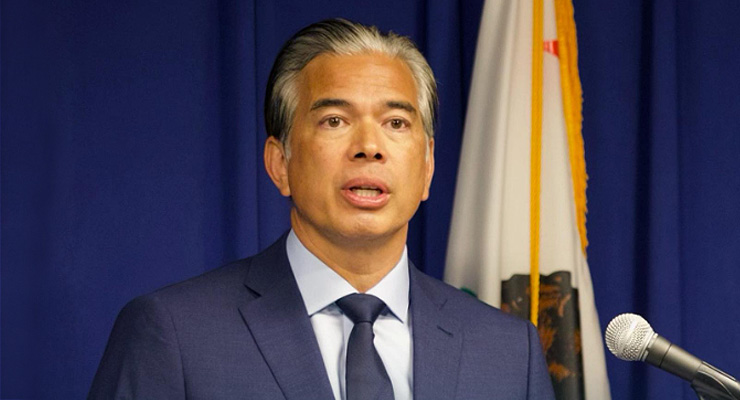
Pasadena’s Accessory Dwelling Unit (ADU) fees are among the highest in the region, according to a fee study presented at the Pasadena Economic Development and Technology Committee meeting on Wednesday, Sept. 17.
Jennifer Paige, Director of Planning and Community Development, shared a study comparing Pasadena’s ADU fees to those of 13 other local cities. The findings revealed that Pasadena’s fees top the list.
“Pasadena’s fees according to this matrix are the highest,” said Gia Nuñez, a senior planner who presented the findings. “However, there are some important points that we want to identify because comparing fees from one city to another is actually a pretty difficult task.”
Nuñez said that Pasadena, as a full-service city, may appear to charge more because it collects fees for different departments that other cities might outsource. She provided a breakdown of fees for a 591-square-foot ADU, totaling $12,116.67.
The study showed that from 2020 to 2023, Pasadena issued permits for 484 ADUs, with approximately 78% being 749 square feet or less. The city already offers a significant reduction in residential impact fees for affordable ADUs, lowering the fee to $1,158 for units with affordability covenants.
Members of the Committee, chaired by Councilmember Tyron Hampton, expressed concern over the high fees and discussed various options for reductions.
Councilmember Jason Lyon advocated for incentivizing affordable housing through fee reductions.

The Committee discussed two main options: a tiered reduction for all ADUs based on size, or reductions only for ADUs with affordability covenants.
They also discussed expanding the residential impact fee exemption from 750 to 800 square feet.
Councilmember Jessica Rivas supported broader fee reductions.
“My inclination is just to reduce as much as we can practically,” she said. “I understand there’s limitations of course.”
Chair Hampton questioned specific fees, such as the Construction and Demolition (C&D) deposit of $3,000 and the construction tax.
“I would say then we don’t sign off the certification of occupancy for ADUs, for ADUs only without giving proof that you’ve gone through the proper channels,” he suggested.
The Committee also explored the possibility of creating a more nuanced fee reduction system based on different levels of affordability.
Lyon proposed, “Each level of affordability takes you to a deeper [reduction], so that we’re not just going from family member or Section 8, but we can do 120% of AMI.”
Paige noted that the city already offers incentives for ADUs, including free virtual consultations, which have a two-week wait due to popularity, and three pre-approved plan options. However, she acknowledged that the pre-approved plans have not been widely used due to homeowners’ desire for customization.
The discussion highlighted the complex balance between encouraging affordable housing development and maintaining city revenue. The residential impact fees collected from ADUs, approximately $105,000 annually, represent about 5.6% of all residential impact fees collected by the city.
The Committee directed staff to explore further options for fee reductions and to return to the EdTech Committee with a formal recommendation for the City Council to adopt a fee resolution.



















